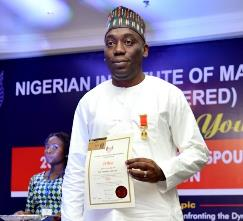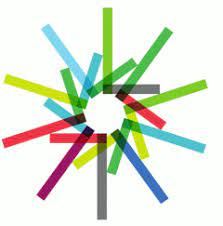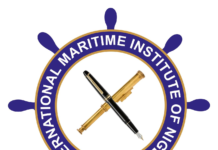LADOL Free Zone has continued to lead in compliance and quality standards as it retained its certificates in quality management system International Organization for Standardization (ISO) 9001:2015.
To this end, the company has been praised for improving its compliance standards over the years.
It is on record that ISO 9001:2015 is the world’s highest quality accreditation. It specifies requirements for the creation and implementation of quality management systems to ensure that organisations can consistently provide products and services that meet customer and applicable statutory and regulatory requirements.
The ISO 9001 also aims to create a virtuous cycle of continuing improvement in standards and quality by challenging organisations that meet the standard to show continuous improvement to retain their certifications.
LADOL achieved the re-certification after a 3-day audit exercise covering all the facilities and services in the zone. The audit was conducted by Bureau Veritas who is a recognized world leader in testing, inspection, and certification services.
Apparently pleased with the development, the Managing Director of LADOL, Dr. Amy Jadesimi was quoted in statement made available to Maritime Bits commending all the company staff who has made compliance a way of life and ensuring that we can keep operating safely and efficiently despite the ongoing challenges.
Continuing, Jadesimi said: “The whole LADOL family of stakeholders has come together more closely than ever over the past few years and the trials we have faced were smoothly weathered due to our strong adherence to policy and procedure. We would also like to thank our clients who work with us daily to enhance the safety and security of the entire zone.
“From inception, LADOL has been committed to attaining and maintaining excellent quality standards. We have proved this not only by retaining our ISO 9001:2015 quality management system certificate, but also by providing all our customer’s and stakeholders with innovative and high-quality sustainable solutions.
According to the stamen, the requirement of this quality standard is embedded in all of LADOL’s business processes. Our management system provides us with the tools and data for continuous improvement, and systematic risk-based processing necessary to ensure that we satisfy the needs of our clients and other stakeholders while complying with applicable regulatory and legislative requirements.
On his part, the company Governance Risk and Compliance Co-ordinator, Mr. Abiodun Ogunyemi stated that “this achievement is a reiteration of the company’s commitment to quality even at a time when it’s difficult to do business. As a company, we have maintained a systematic approach to quality management and we have also managed our business to ensure that the needs of our customers are clearly understood, agreed, and fulfilled.”
Continuing, Ogunyemi said: “Since LADOL is committed to helping the world attain the United Nations 17 Sustainable Development Goals we have aligned our operations towards achieving this aim. Our high value industrial activities which include logistics, repairs, fabrication, project support and facilities management, are executed in a sustainable manner.”
Maritime Bits had reported that LADOL is building the world’s first Sustainable Industrial Special Economic Zone (SSEZ). LADOL is using the UN’s Sustainable Development Goals (SDGs) to build a unique circular ecosystem, servicing a range of industries.
The zone was developed out of a disused swamp and has been operational since 2006. Every year since then, the infrastructure and facilities have grown and expanded.
It now provides an efficient, safe and secure location from which local and international companies, in a range of sectors, can start operating immediately.
In 2017, the company disrupted the local oil and gas market, halving the costs of local support, and creating thousands of local jobs.
The company now focused on attracting and servicing a range of non-oil and gas companies, in sectors ranging from technology to agriculture. The sectors identified will work together to create a circular economy within the zone. West Africa is one of the largest under-served markets in the world with the fastest growing population. Industrial firms working in the zone can service this market sustainably and profitably while creating tens of thousands of jobs. As the local market grows, there will be higher demand for locally produced products, a larger skilled workforce and cheaper domestic operating costs. According to it, the company is becoming what it described as “a blueprint for the sustainable industrialization” of Africa, turning Africa’s demographic dividend into a global wealth creation.











